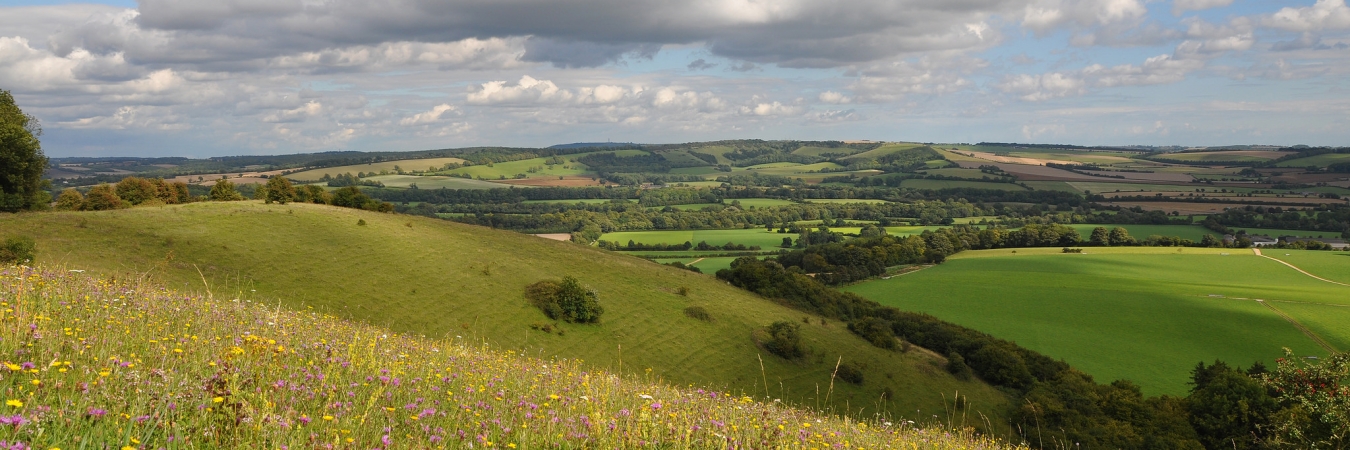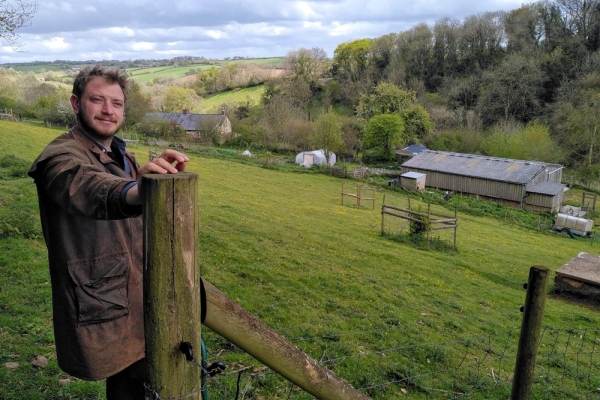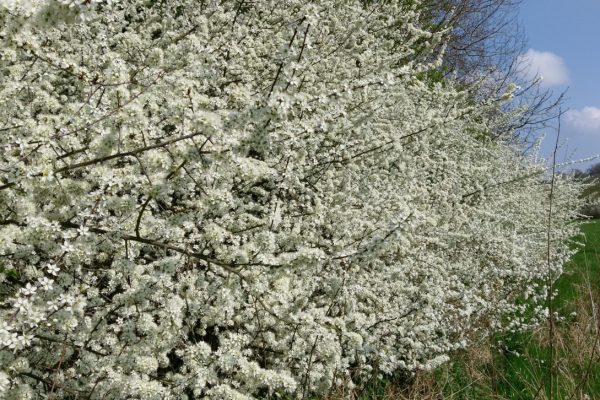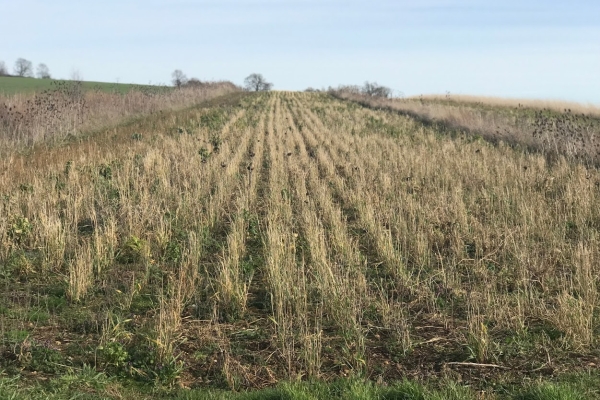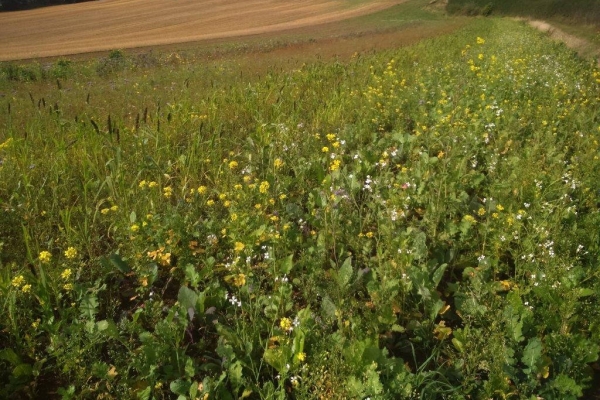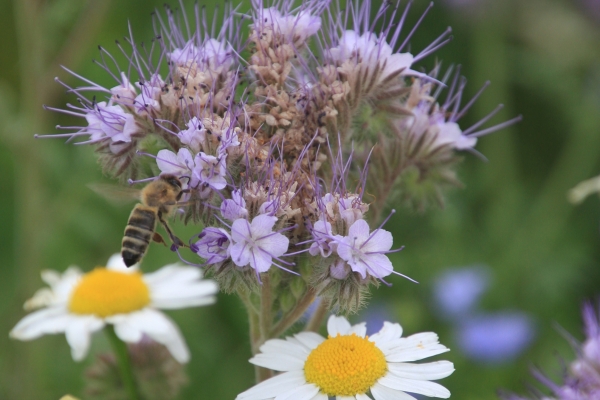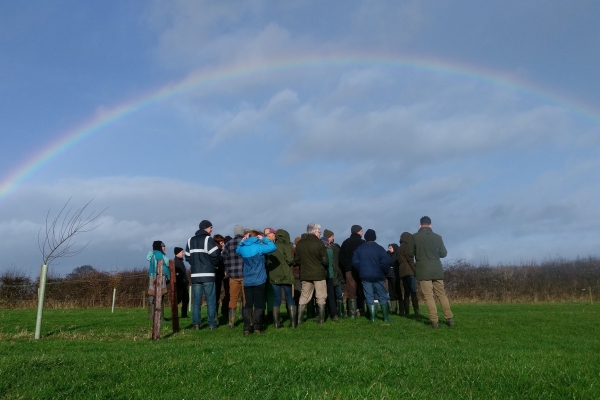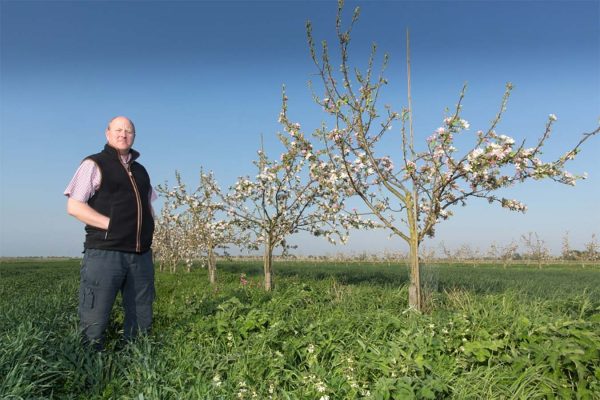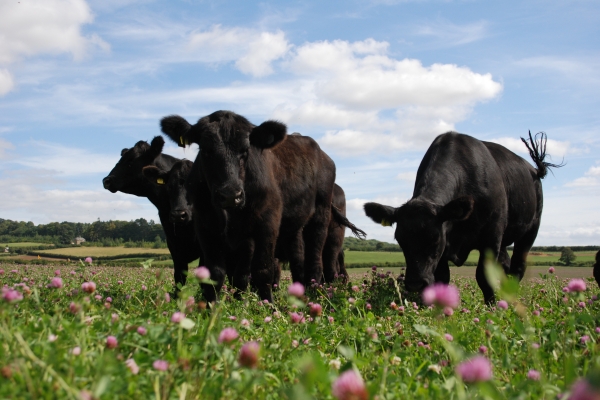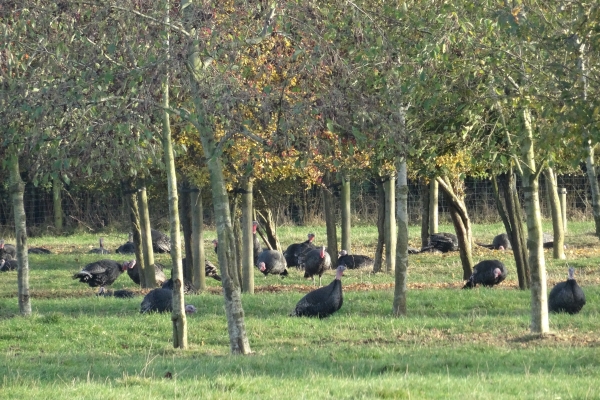New model farming: resilience through diversity
Resource explained
This report from the Campaign to Protect Rural England (CPRE) is the first of the new CPRE Farming and Food Foresight Series which aims to provide evidence-based research papers supporting innovative policy solutions to food and farming issues. It states the benefits of diverse farming systems – in demographics, farm size and production – to forge a more resilient future that offers rewards besides food. These include beautiful landscapes, clean water, abundant wildlife, better flood management and improved carbon storage. It also argues that a post-Brexit settlement along these lines would make the benefits of huge public investment in farming clearer to the public. Four case studies show farms of various scales using a range of innovative practices to sustainably produce food and manage natural assets including soils and biodiversity, and support community engagement and public access.
Findings & recommendations
- The paper identifies four case studies of farms carrying out diverse, sustainable, resilient farming in the UK:
- Whitehall Farm, north west Cambridgeshire (agroforestry silvo-arable system)
- The Grange Farm, north west Cheshire (grass-based livestock farm, LEAF accredited)
- The Cholderton Estate, on the border of Hampshire and Wiltshire (mixed farming, closed, organic system)
- Forty Hall Farm, Enfield, North London (organic mixed farm owned and run by Capel Manor College
It also includes a case study on the Ecological Land Co-operative.
- There are five main policy changes recommended to achieve the CPRE’s ‘blue sky’ solutions across the farming sector:
- Increase the availability of land for new farmers and growers.
- Secure the long-term financial stability of farming and ensure public funding continues, is progressive and publicly accountable.
- Work with businesses across the supply chain to create market conditions that support multi-purpose farming, affordable food and equitable trading.
- Build the resilience of farming to reduce risk from climate change and make management of natural assets sustainable by targeting public funding to deliver public benefits and address market failures.
- Improve innovation and resilience across farming at all scales by supporting farmer-led development and promotion of techniques and application of appropriate technologies.
